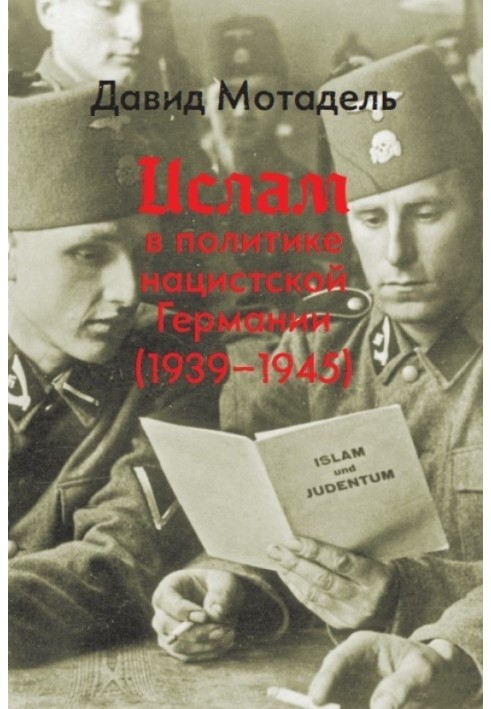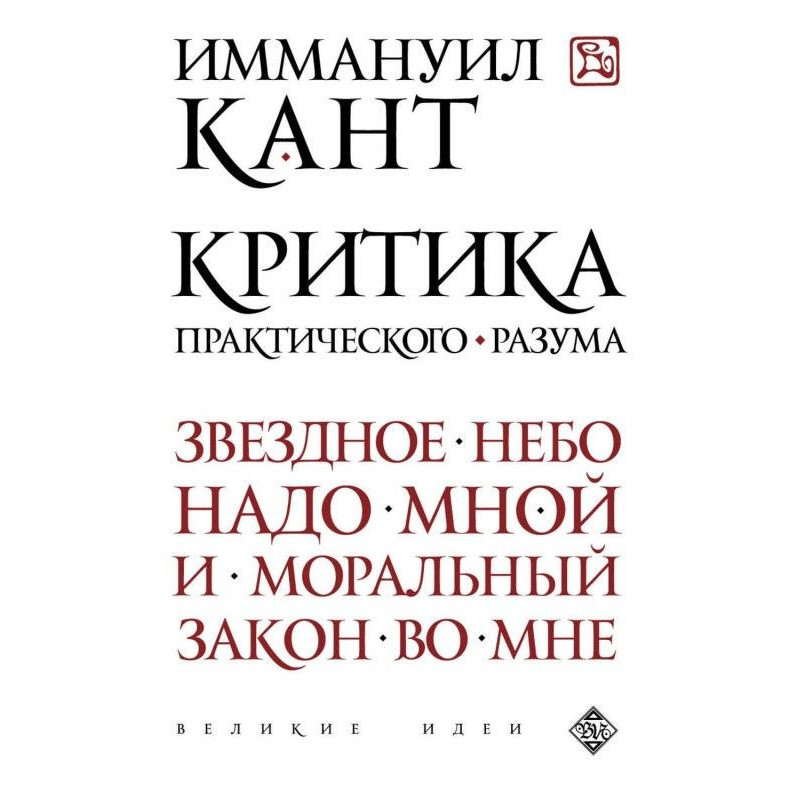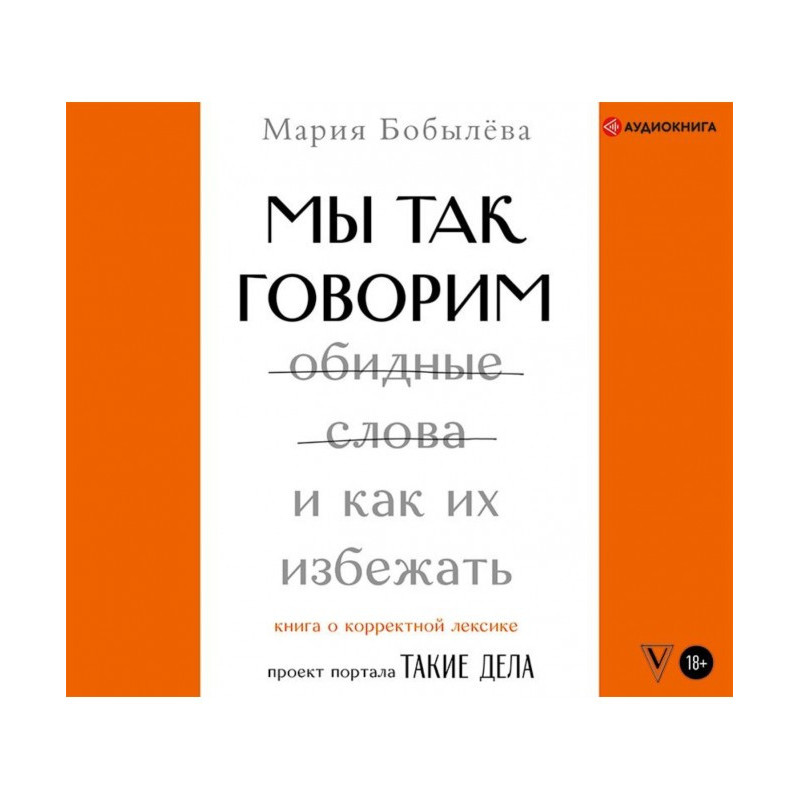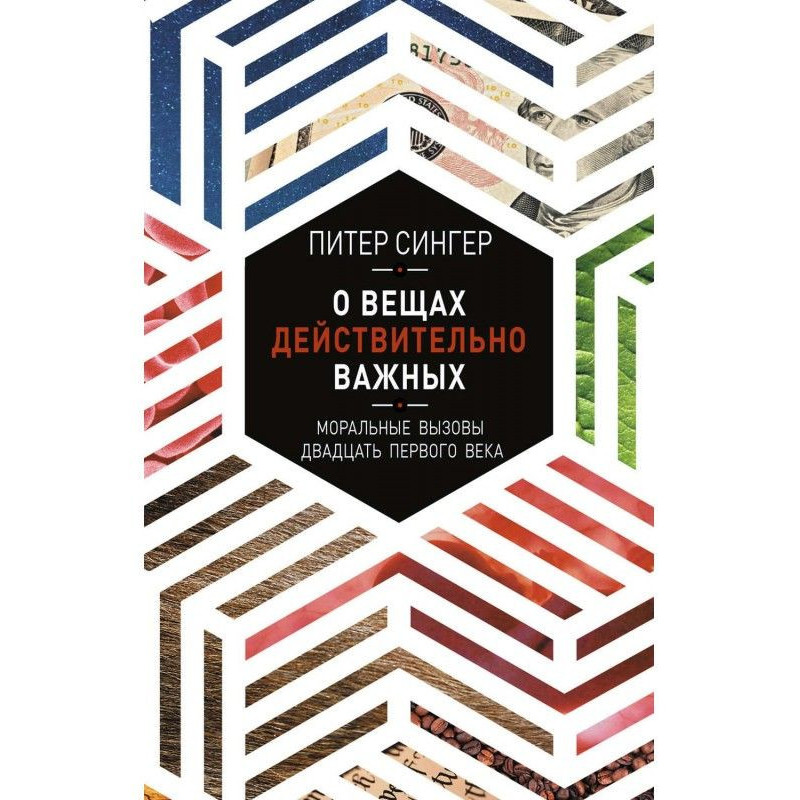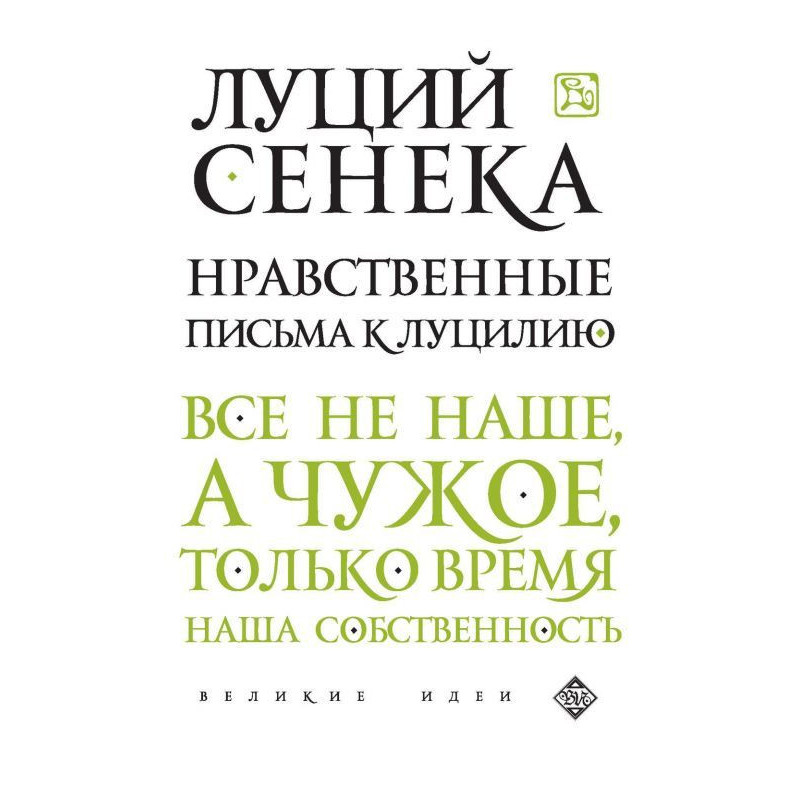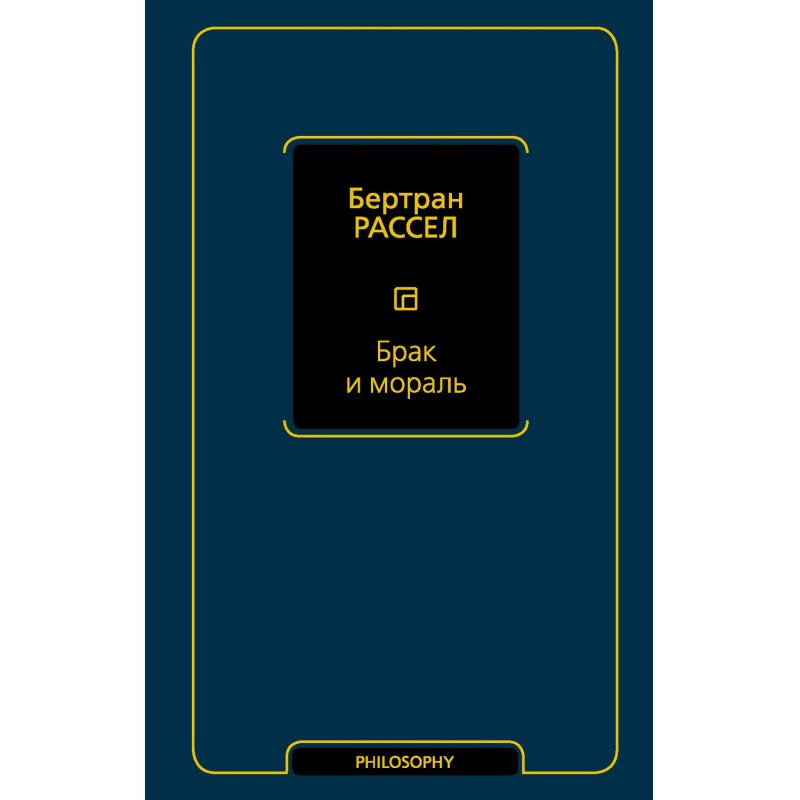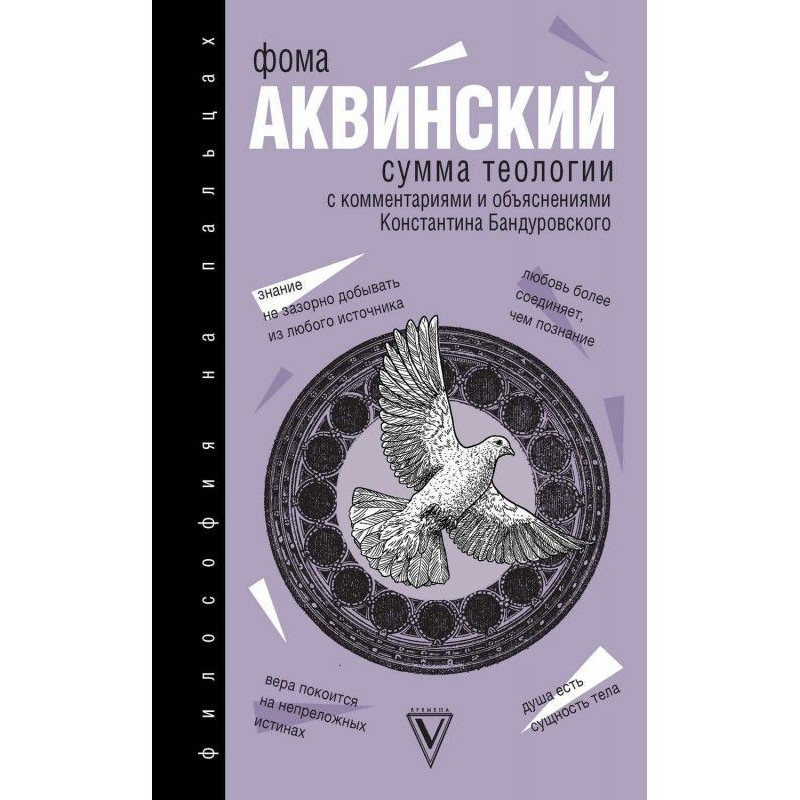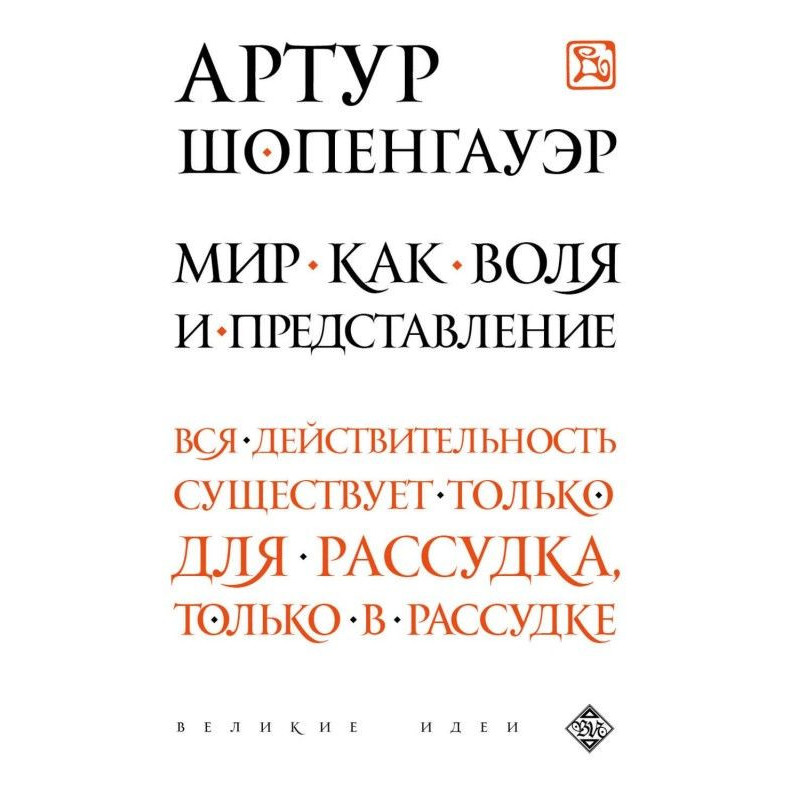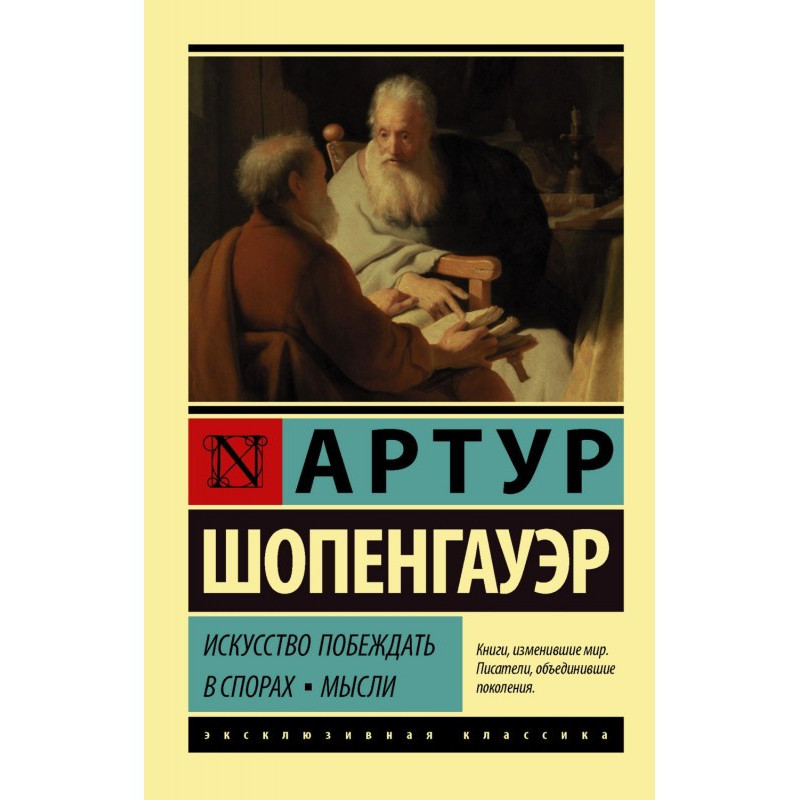Islam in the politics of Nazi Germany (1939–1945)
 Instant download
Instant download
after payment (24/7)
 Wide range of formats
Wide range of formats
(for all gadgets)
 Full book
Full book
(including for Apple and Android)
At the decisive stage of the Second World War, German troops fought in regions as far apart as the Sahara and the Caucasus, in territories populated predominantly by Muslims. The Nazis saw Islam as an important force, an ally in the fight against common enemies: the British Empire, the Soviet Union and the Jews. The book is the first comprehensive account of Berlin's attempts to mobilize the Islamic world. Drawing on archival research conducted on three continents, historian David Motadel shows how the German the authorities tried to present the Third Reich as the patron of Islam. It examines Berlin's policies and propaganda in Muslim-populated war zones and the extensive work the authorities did to recruit and indoctrinate tens of thousands of volunteers who fought in the Wehrmacht and SS. The book shows how German forces in North Africa, the Balkans and The Eastern Front interacted with the Muslim population, including Islamized Gypsies and Jews. Through balanced argumentation combined with masterful knowledge of detail, this book helps to understand how profoundly the Second World War affected Muslims around the world. Motadel's work offers new insights into religious politics during the deadliest conflict of the 20th century.
Data sheet
- Name of the Author
- Давид Мотадель
- Language
- Ukrainian
- Release date
- 2020
- Translator
- Андрей Николаевич Захаров
Артём Анатольевич Космарский
Reviews
Глибоке дослідження незвіданих аспектів історії
Книга "Іслам у політиці нацистської Німеччини (1939–1945)" є вражаючим дослідженням, яке відкриває нові горизонти в розумінні політичних стратегій нацистів під час Другої світової війни. Автор, Мотадель, майстерно аналізує, як нацистська Німеччина намагалася використати іслам як інструмент у своїй боротьбі проти загальних ворогів. Ця книга не лише розкриває деталі взаємодії між німецькими військами та мусульманським населенням, але й показує, як релігійні та культурні аспекти впливали на політичні рішення того часу. Висвітлення ролі ісламізованих циган та євреїв у цій політиці є особливо цікавим моментом, який підкреслює складність соціальних відносин у період війни. Хоча текст перекладено за допомогою штучного інтелекту і в деяких місцях є незначні недоліки, загалом книга читається легко і залишає глибоке враження. Це важливе джерело для істориків, дослідників та всіх, хто цікавиться політикою, релігією та соціальними змінами в умовах війни. Рекомендую всім, хто хоче отримати новий погляд на цю складну епоху.

